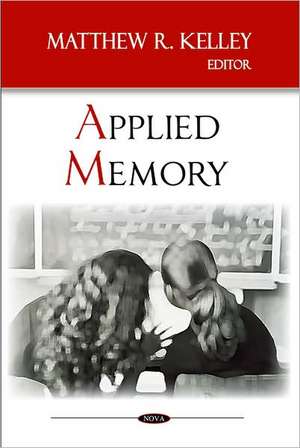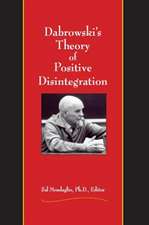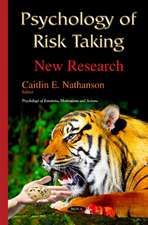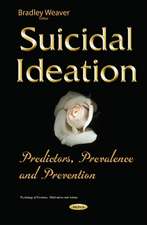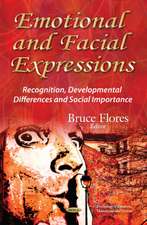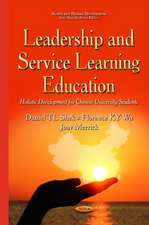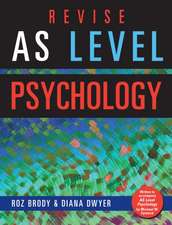Applied Memory
Editat de Matthew R. Kelleyen Limba Engleză Hardback – 30 sep 2008
Preț: 1159.65 lei
Preț vechi: 1583.79 lei
-27% Nou
Puncte Express: 1739
Preț estimativ în valută:
221.90€ • 232.15$ • 184.33£
221.90€ • 232.15$ • 184.33£
Carte disponibilă
Livrare economică 13-27 martie
Preluare comenzi: 021 569.72.76
Specificații
ISBN-13: 9781606921432
ISBN-10: 1606921436
Pagini: 355
Ilustrații: tables & charts
Dimensiuni: 186 x 269 x 30 mm
Greutate: 0.92 kg
Ediția:New.
Editura: Nova Science Publishers Inc
ISBN-10: 1606921436
Pagini: 355
Ilustrații: tables & charts
Dimensiuni: 186 x 269 x 30 mm
Greutate: 0.92 kg
Ediția:New.
Editura: Nova Science Publishers Inc
Cuprins
Preface; Ironic Effects of Censorship: Generating Censored Lyrics Enhances Memory; Studying with Music: Is the Irrelevant Speech Effect Relevant?; Verbalising Musical Memories; The Isolation Effect and Advertising: Are Unusual Advertisements Remembered Better?; Applied Part Set Cuing; Hypermnesia, Reminiscence, and Repeated Testing; Placebos and Memory; Flashbulb Memory for September 11 and the Columbia Space Shuttle Disaster; The Magnitude Gap: Revealing Differences in Recall between Victims and Perpetrators; Prospective Person Memory; Remembering Social Information: A Functional Analysis; Can We Determine the Functions of Everyday Involuntary Autobiographical Memories?; Remembering What We Did: How Source Misattributions Arise From Verbalization, Mental Imagery, & Pictures; Children in an Information Society: The Relations between Source Monitoring, Mental-State, Understanding and Knowledge Acquisition in Young Children; Childrens Strategic Regulation of Memory Accuracy; Applying Memory Theory to Dream Recall: Are Dreams and Waking Memories the Same?; Our Lifes Long Term Work with Our Small Short-Term Memory: Building Basic Memories into More Complex Knowledge; Index.
